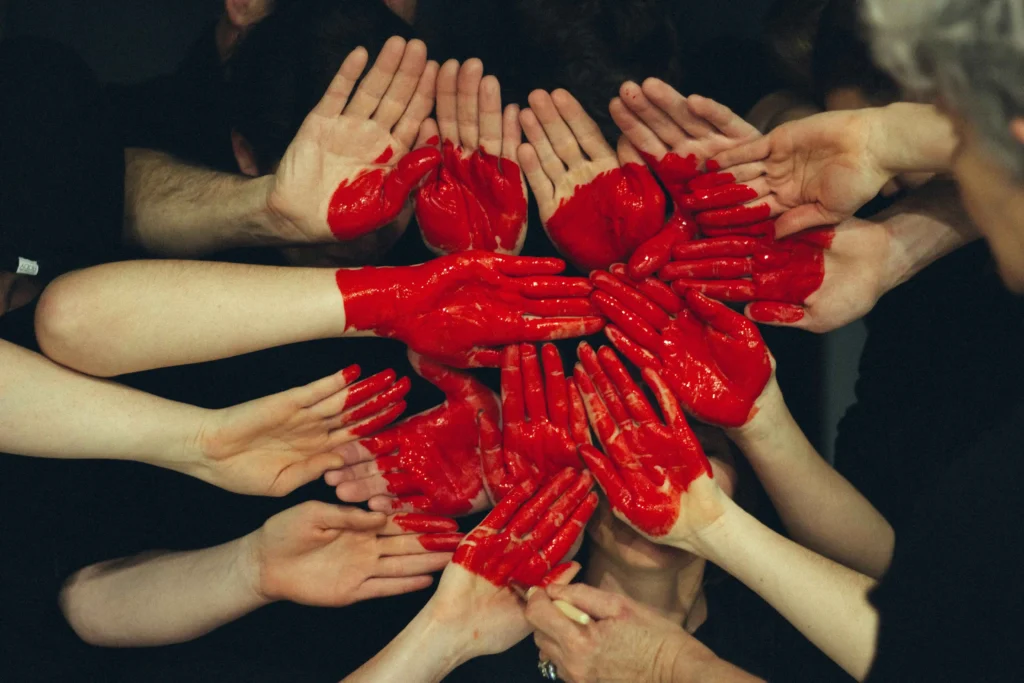Imagine this: You comfort a friend who’s having a rough day. You listen, you care, and somehow—you feel better too.
That’s not a coincidence. Science says empathy doesn’t just make you a good human—it can literally make you healthier. That’s right: showing compassion to others can boost your own well-being in ways you probably didn’t expect.
Let’s dive into the heart of how empathy helps you feel better, live better, and thrive.
🧠 What Is Empathy, Really?
Empathy is more than just “feeling bad for someone.” It’s the ability to understand and share someone else’s emotions—to put yourself in their shoes.
There are three main types:
- Cognitive Empathy – understanding another person’s thoughts
- Emotional Empathy – feeling what they feel
- Compassionate Empathy – acting on that understanding to help
Empathy isn’t just good manners—it’s powerful mind-body medicine.
🩺 1. Empathy Lowers Stress & Anxiety
When you practice empathy, your body releases oxytocin, also known as the “love hormone.” This natural chemical calms your nervous system, lowers cortisol (the stress hormone), and reduces anxiety.
➡️ The science: Studies show that people who practice regular compassion have lower blood pressure and improved heart rate variability, both signs of a calmer, healthier system.
🛌 2. Empathy Improves Sleep and Recovery
When you’re emotionally connected with others, your brain enters a more relaxed state. You sleep better. You heal faster. And guess what? You even boost your immune system.
➡️ Feeling connected makes your body feel safe—and safety is the best medicine for deep rest.
💬 3. Empathy Strengthens Relationships (Which Boost Health Too)
Strong relationships are linked to longer lifespans, lower rates of depression, and even better chronic illness outcomes. And empathy is the foundation of every healthy relationship.
➡️ Being a good listener can literally help your partner’s health—and yours.
🧘 4. Empathy Encourages Mindfulness
To empathize with someone, you have to be present. You have to listen—not just to their words, but their emotions. That’s a form of mindfulness—and mindfulness is linked to:
- Better focus
- Lower stress
- Emotional regulation
- Healthier habits
➡️ So yeah, being kind can help your mental health routine, too.
🧠 5. Empathy Makes You Happier
Helping others activates the reward centers in your brain, releasing dopamine and serotonin. It’s the same effect as chocolate, hugs, and baby animal videos—just longer-lasting.
➡️ It’s called the “helper’s high.” And it’s real.
🙌 How to Cultivate More Empathy (and Better Health)
Here are some quick ways to practice empathy daily:
- Listen without interrupting
- Validate someone’s feelings instead of fixing them
- Volunteer or help someone without expecting anything back
- Put away distractions when someone is talking
- Journal from someone else’s perspective to build empathy muscle
📝 Final Thoughts: Empathy Is a Superpower
Empathy isn’t weakness—it’s a wellness tool. A form of strength that benefits you and others at the same time. It doesn’t require money, status, or special training—just attention, care, and a little bit of heart.
So if you want to feel better, sleep better, and live longer, start by being kinder today.
Because when we lift each other up, we all rise.
More Resources: –
Empathy: Definition, Types, and Tips for Practicing
10 Morning Habits That Naturally Boost Energy All Day – VitalNest

